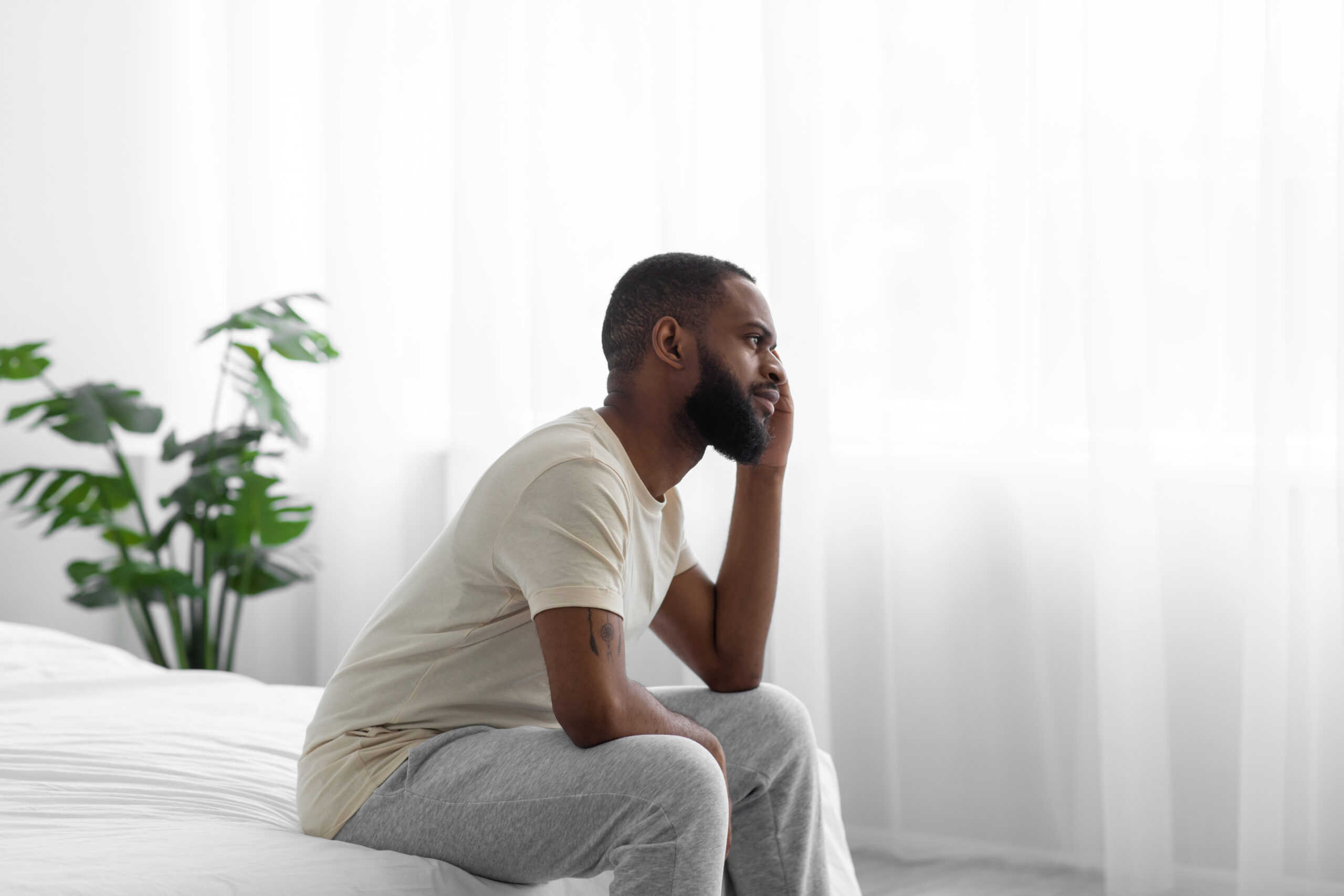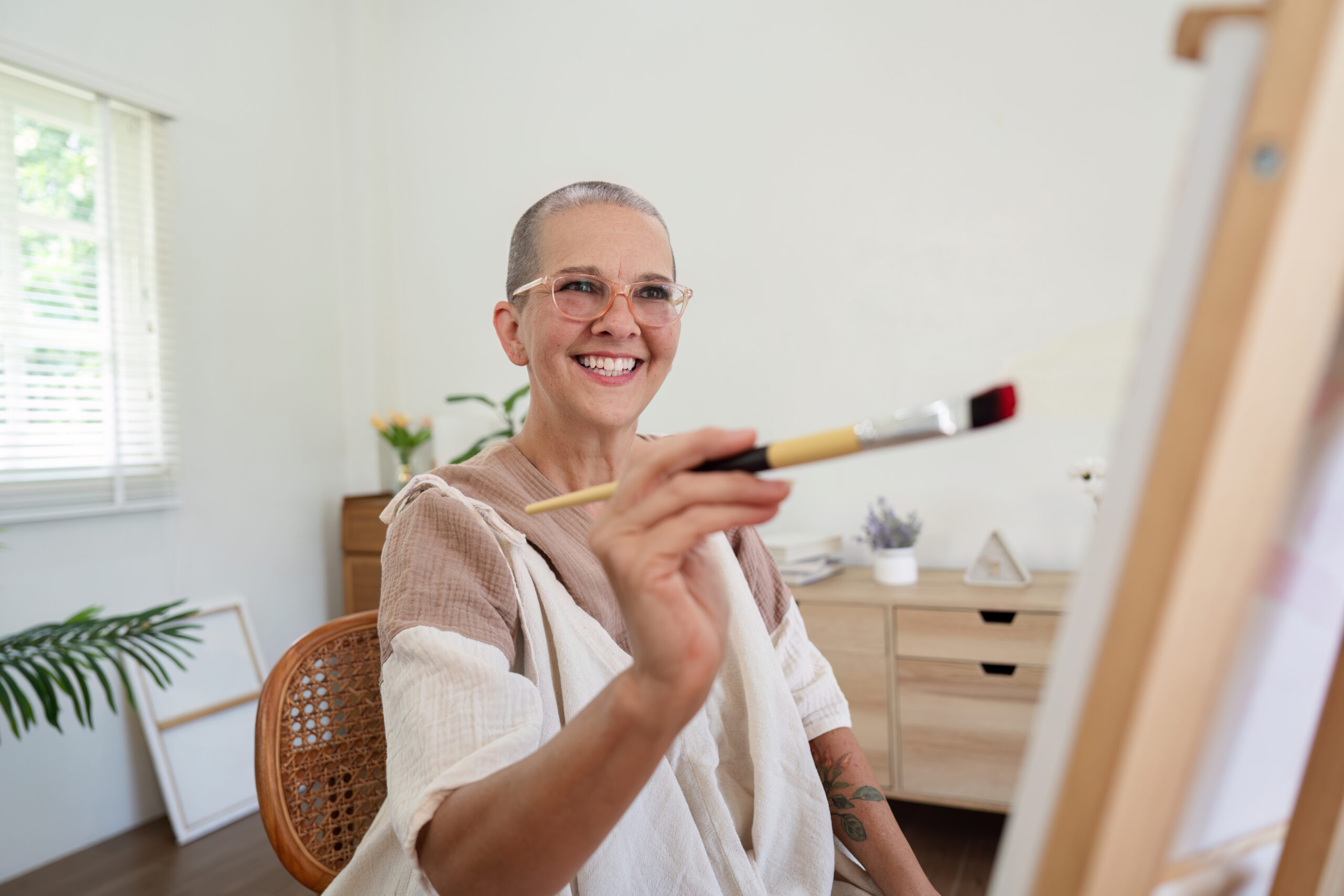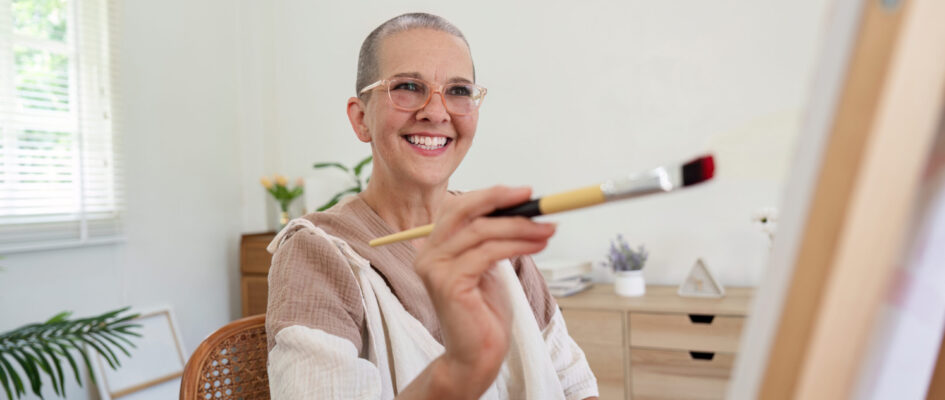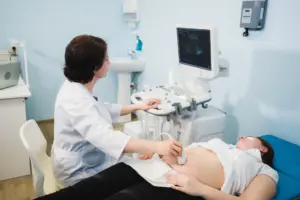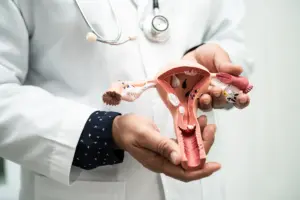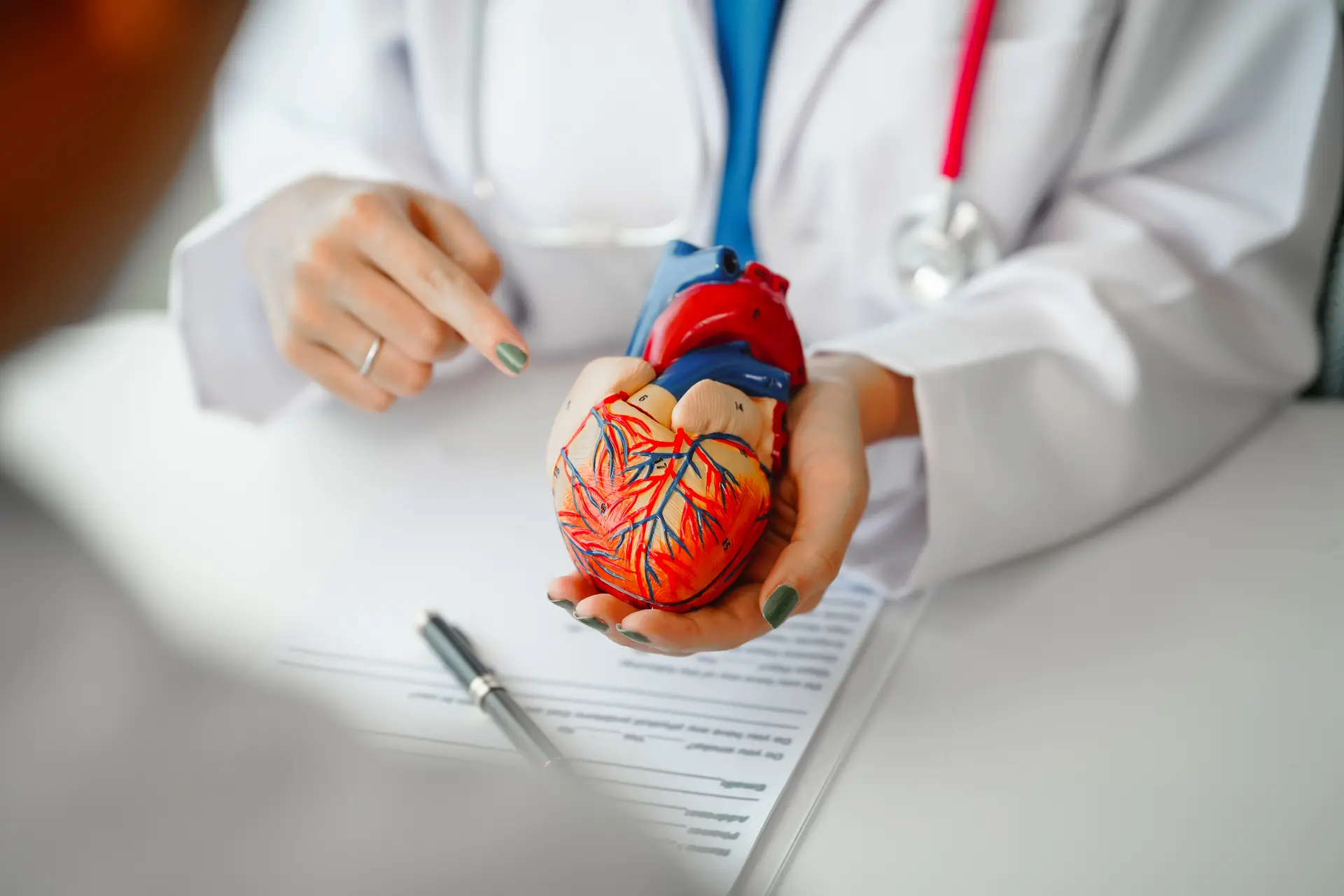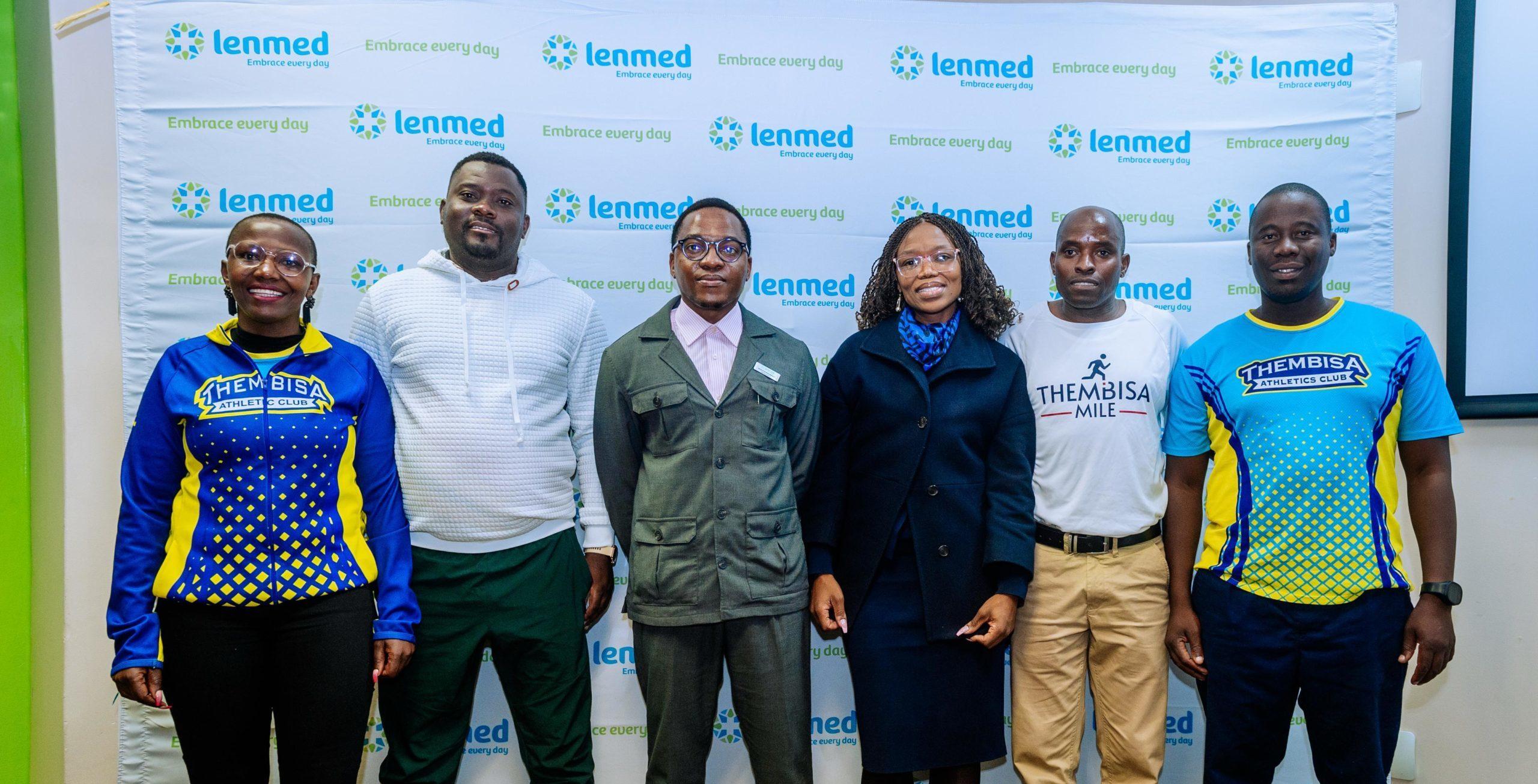Survivorship Matters: Embracing Life After Cancer
The end of cancer treatment marks a moment of profound relief and hope. For many, ringing the bell or hearing the words “you’re in remission” feels like reclaiming life after months (or years) of uncertainty, pain and medical intervention. Yet, life after cancer is not a return to the old normal. Instead, it often signals the beginning of a complex journey of physical healing, emotional rebuilding and lifestyle adjustment. This post-treatment phase, often overlooked in the broader cancer narrative, is where recovery truly begins.
Can You Live a Normal Life after Having Cancer?
The idea of returning to “normal” after cancer is complicated. For many survivors, life post-treatment is a blend of the familiar and the unfamiliar. While it’s absolutely possible to enjoy a fulfilling, joyful and even vibrant life after cancer, it may not resemble the one you lived before. Instead, survivors often find themselves navigating a new normal, one shaped by changed priorities, altered bodies and heightened awareness of health.
Physical energy may return gradually. Relationships often shift. Career paths, spiritual beliefs and daily routines may all evolve. But with the right support after cancer treatment, many survivors not only adjust but thrive. It’s important to acknowledge that “normal” doesn’t mean “the same.” It means reclaiming autonomy, finding purpose and feeling at home in your body and your life again.
The Reality of Recovery: How Do You Feel after Cancer Treatment?
Cancer treatment recovery is both a physical and emotional marathon. After the final round of chemotherapy, surgery or radiation, the body begins a slow process of healing. Yet, recovery isn’t just about organs and cells; it’s also about the mind and soul.
Physical recovery after treatment may involve managing fatigue, pain or lingering side effects. Long-term effects of cancer treatment, like neuropathy, fertility issues or heart complications, can emerge or persist. Many survivors deal with weight changes, altered mobility or changes in digestion and sleep. In some cases, the body feels unfamiliar, reshaped by scars, surgeries or hormonal changes.
Emotionally, the journey can be just as taxing. Anxiety about recurrence, identity loss or even survivor’s guilt can emerge in the quiet after the storm. The structure and purpose that came with fighting cancer suddenly disappeared, leaving space for fear and doubt. Emotional recovery after cancer involves processing trauma, re-establishing identity and learning to trust your body again. Support groups, therapy, journaling and meditation can be invaluable tools during this phase.
What Doctors Don’t Tell You about Cancer
Despite the best efforts of compassionate medical teams, there are aspects of cancer and its aftermath that are rarely spoken about in consultation rooms. Doctors focus – understandably – on curing the disease and mitigating its physical impacts. But the less tangible toll of cancer often goes unaddressed.
You may not be warned about the unexpected grief that follows remission, the loneliness of survivorship or the hyper-awareness of every ache and symptom. The world may expect celebration once treatment ends, but for many survivors, this is when the real emotional work begins. One of the most confronting truths is that you don’t always feel better right away. Recovery is not linear. And some things, be it stamina or fertility, may never return exactly as they were.
Additionally, many people aren’t prepared for how hard it can be to reintegrate into work or social life. You may appear healthy, but still feel utterly depleted inside. Understanding this reality – and sharing it with loved ones – can create a more compassionate recovery space.
When Is Chemo No Longer Worth It?
Deciding when chemotherapy is no longer a beneficial option is a deeply personal and medical choice, usually made in consultation with oncologists, palliative care professionals and family. In cases where the cancer is terminal or unresponsive to treatment, chemotherapy may do more harm than good, diminishing quality of life without extending it meaningfully.
In these instances, the focus often shifts to comfort care, ensuring dignity, managing pain and allowing for emotional closure. This decision is never easy and should be supported by honest, sensitive discussions that weigh the emotional, physical and spiritual cost of ongoing treatment.
It’s important to know that choosing to stop treatment is not “giving up.” It’s an act of self-honesty, courage and compassion – a recognition that living well can sometimes mean letting go.
Do You Ever Fully Recover from Cancer?
Recovery from cancer is multifaceted. Physically, some survivors return to pre-cancer health, while others live with chronic conditions or late side effects. Emotionally and spiritually, many report a lasting impact, both in the form of trauma and unexpected growth.
Some people emerge stronger, more resilient and deeply appreciative of life. Others carry scars that aren’t visible but shape their worldview forever. So while “full recovery” is a misleading term, a full life after cancer is absolutely possible. In fact, many survivors develop a deeper sense of purpose, closer relationships and greater self-awareness in the aftermath of their diagnosis.
What’s crucial is redefining what recovery means. It’s less about returning to who you were and more about embracing who you are now and who you are becoming.
Preventing Recurrence: How Do You Keep Cancer from Coming Back?
One of the most common fears among survivors is the return of cancer. While there’s no guaranteed way to prevent recurrence, there are proactive steps you can take to lower your risk and regain a sense of control over your health.
1. Follow-up care:
Attending regular check-ups is essential for catching any signs of recurrence early. Post-cancer care often involves blood tests, scans and conversations about symptoms or concerns.
2. Lifestyle adjustments:
Exercise, a balanced diet, maintaining a healthy weight, limiting alcohol and avoiding tobacco can all reduce recurrence risk. Some survivors also find strength in plant-based eating, reduced sugar intake or stress reduction techniques.
3. Mental health:
Managing stress and cultivating emotional resilience can positively influence immune function and overall well-being. Practices like yoga, therapy or mindfulness meditation can be incredibly supportive.
4. Education:
Learn about your specific cancer type and any genetic or environmental risk factors. Knowledge is empowering and enables you to make informed choices about your future.
Cancer Survivor Tips: Living with Purpose
As you step into this new chapter, the following cancer survivor tips can guide your transition from patient to survivor:
- Pace yourself: Recovery is not a race. Take things one day at a time and give yourself grace.
- Build a support network: Whether through friends, family, faith groups or cancer-specific support forums, connection is key.
- Celebrate small wins: Every step, no matter how small, is part of your triumph.
- Stay informed, not obsessed: Monitor your health without falling into hyper-vigilance. Trust your instincts and medical team.
- Reinvent your joy: Discover new hobbies, explore creative outlets or rekindle old passions. Life as a cancer survivor can be rich with discovery.
- Acknowledge grief: Mourning what was lost, whether it’s time, health or certainty, is part of the healing process.
- Seek professional help: Therapists trained in cancer recovery can provide tools to process complex emotions and build resilience.
Coping after Cancer: A New Chapter Begins
The phrase “coping after cancer” suggests survival, but thriving is also possible. The psychological toll may linger, but so too does a newfound appreciation for life. Many survivors describe becoming more present, more intentional and more emotionally attuned.
Community matters here. Support after cancer treatment can come in many forms: local support groups, online communities, friends who’ve walked the path or professional counsellors. Don’t be afraid to ask for help or speak about your experience. Your voice matters, and your healing may light the path for someone else.
Conclusion
There is life after cancer. And while it may look different, it can be rich, purposeful and meaningful. Cancer treatment recovery doesn’t end when treatment does, it evolves, encompassing emotional recovery after cancer, physical recovery after treatment and a redefinition of self.
The truth is, you may never be exactly who you were before cancer. But you’re not supposed to be. Survivorship is not just about living longer; it’s about living deeper. Through post-cancer care, connection and self-compassion, many survivors discover not just how to cope but how to thrive.
And that – more than anything – is the hidden victory of life as a cancer survivor.
If you, or a loved one, has been diagnosed with cancer, going through treatment or are in remission but would like to talk to a professional about navigating life after cancer treatment, you can speak to either a Lenmed oncologist or psychologist today.
For more information, please contact:
Discipline: Gynaecologist, Obstetrician
Hospital: Beira Private Hospital
Telephone: +258 845 021 970


